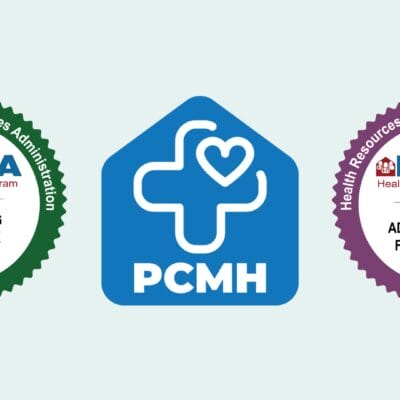February is American Heart Month!
A healthy diet and lifestyle are important in preventing and managing heart disease. Eating certain foods can actually increase your heart disease risk, but changing your eating habits can be tough. Below are eight heart-healthy tips to get you started on the right path to lowering your risk for heart disease.
- Control your portion size. How much you eat is just as important as what you eat. Use a small plate or bowl to help control your portions and be sure to look at the appropriate serving size on the food’s nutrition label.
- Eat more fruits and vegetables. These are great sources of vitamins and minerals, and they are low in calories and rich in dietary fiber.
- Select whole grains. Whole grains are good sources of fiber and other nutrients that play a role in regulating blood pressure and heart health. Choose whole wheat or whole grain breads and flours.
- Limit unhealthy fats. Limiting how much saturated and trans fats you eat is an important step to reducing your blood cholesterol and lowering your risk of coronary artery disease.
- Choose low-fat protein sources, such as lean meat, poultry and fish, low-fat dairy products, and eggs.
- Reduce the salt in your food. Eating too much salt can lead to high blood pressure, a risk factor for heart disease.
- Plan ahead and create daily menus.
- Allow yourself an occasional treat. Allow yourself an indulgence every now and then. A candy bar or handful of potato chips won’t derail your heart-healthy diet. But don’t let it turn into an excuse for giving up on your healthy-eating plan.
Source: Mayo Clinic
